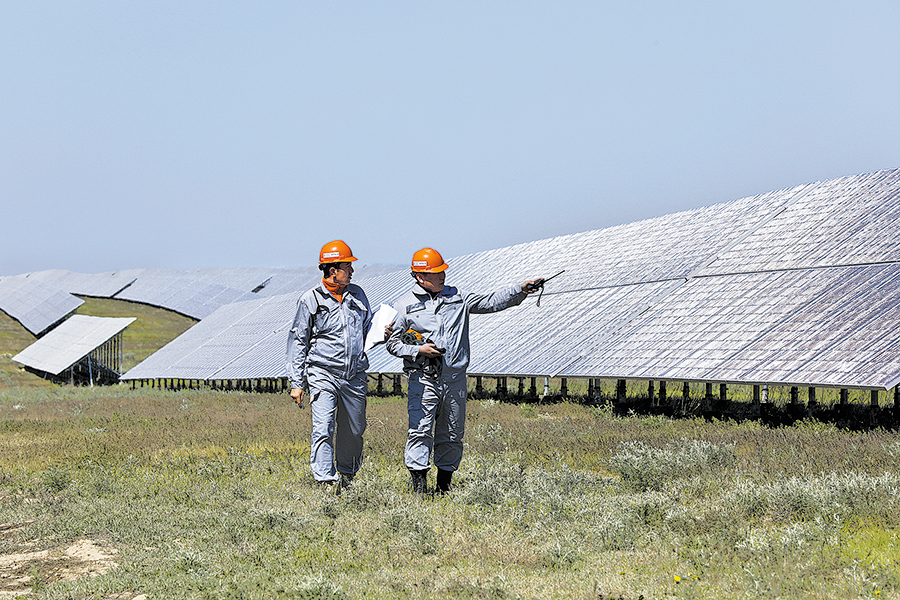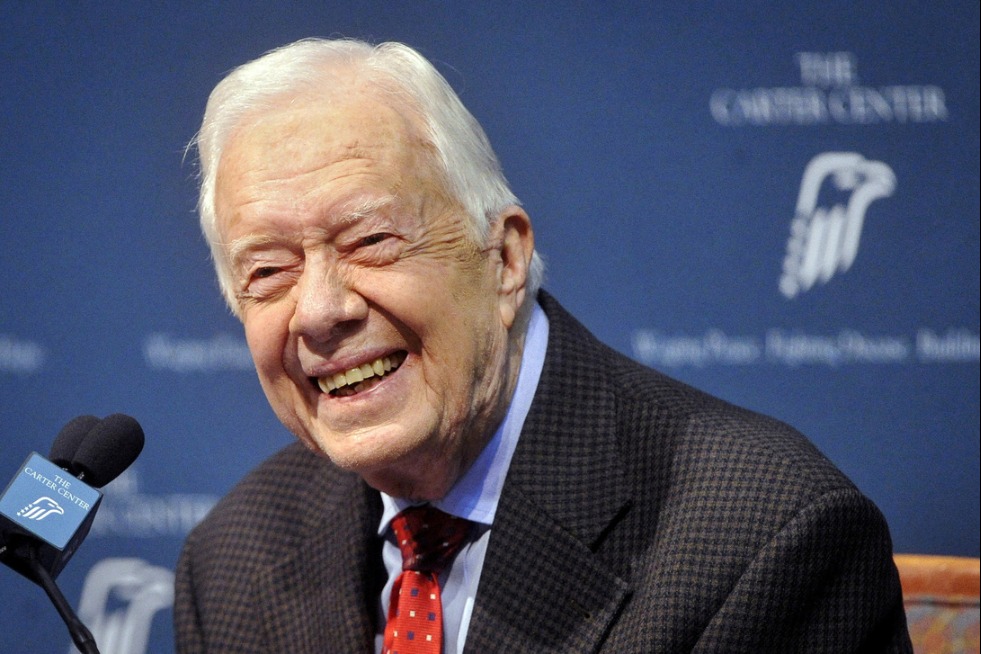Time for world to put SDGs back on track

China's development and UN SDGs
Hussein Askary

In the 10th year since President Xi Jinping proposed the Belt and Road Initiative, the greatest global development endeavour in history, the world stands at a crossroad. In one direction are geopolitical competition, zero-sum games, conflicts and instability; in the other direction are win-win cooperation, peace and equitable development.
Despite a massive vilification campaign led by certain Western forces against it, China has signed cooperation documents on the BRI with more than 150 countries and more than 30 international organizations, which represent a healthy certificate of the initiative's performance.
The world is still fraught with existential threats, natural and manmade, and the UN 2030 Sustainable Development Goals are being pushed farther and farther into the future. China and its Belt and Road Initiative alone cannot overcome all these challenges.
In his speech at the recent BRICS Summit in Johannesburg, President Xi said: "As an African proverb puts it, 'If you want to go fast, go alone; if you want to go far, go together.'" This reflects China's fast-paced economic development over the past more than 40 years and, at the same time, the need to work with other countries to overcome global challenges.
President Xi, with his deep knowledge of Chinese and world history and philosophy, has proposed four initiatives to tackle these challenges. The notion of "harmony" in Chinese tradition is not a mere spiritual matter but a holistic view that extends to other elements of life including governance, both at the national and global levels.
The world has faced a series of crises in the past years, from the 2008 global financial crisis to the COVID-19 pandemic. These crises have had varying degrees of impacts on different countries and regions and their — especially the pandemic's — terrible economic impacts on countries continue. President Xi proposed the Global Development Initiative in his address, via video link, to the 76th session of the United Nations General Assembly in September 2021 to "steer global development toward a new stage of balanced, coordinated and inclusive growth in face of the severe shocks of COVID-19".
To promote global development, Xi called for "staying committed to development as a priority". A great deal of confusion has been created, intentionally or otherwise, over what constitutes "development". Industrialized economies have defined separate levels of development for themselves and for the developing countries. Their relationship is one of "aid" policy: offering the crumbs that fall off the table of the rich.
On the other hand, in the BRICS Summit, Xi said: "Development is an inalienable right of all countries, not a privilege reserved for a few," adding that "the world economic recovery remains shaky and that challenges for developing countries are formidable, hampering their efforts to realize the (2030) Sustainable Development Goals."
In his address to the UN General Assembly in 2021, Xi said that what he means by development is to "advance on a priority basis cooperation on poverty alleviation, food security, COVID-19 response and vaccines, development financing, climate change and green development, industrialization, digital economy and connectivity, among other areas, and accelerate implementation of the UN 2030 Agenda for Sustainable Development." This is a package that there is no confusion about.
When the world got engulfed in a new maelstrom of violence and insecurity with the outbreak of the Russia-Ukraine conflict, Xi proposed the Global Security Initiative in April 2022, outlining a new understanding of the "security" of all countries, not what some superpowers believe is their security interest.
The key elements of the Global Security Initiative are that the security concerns of all parties, big or small, must be taken into consideration, and that security and development are indivisible. Without economic development there can be no peace and security, and vice-versa. The efforts to "impose" security through the power of the gun, as the US and NATO have done in Afghanistan, Iraq, Libya, Syria, Somalia and other countries, have not only failed miserably but even worsened the global security situation.
One of the best validations of the Global Security Initiative was the China-brokered rapprochement between Saudi Arabia and Iran in March 2023. This has ramifications for the security of not only the two countries but for the whole of the Middle East and beyond. This security achievement was preceded by an unprecedented upgrading of economic cooperation between China and the Arab countries and between China and Iran in 2022.
The Global Civilization Initiative, which Xi proposed in March, is unique in the sense that it calls for the establishment of the goals of global governance and relations among countries on the basis of a "dialogue of cultures".
The Global Civilization Initiative has raised the bar of political dialogue to a completely new level to address the means through which to realize peaceful coexistence among countries with diverse cultures, histories, religions, ways of life, and political and social systems.
The Global Civilization Initiative, in Xi's view, is a choice between polarization and common prosperity, pure materialistic pursuit and coordinated material, cultural and ethical advancement, "draining the pond to catch the fish" and "creating harmony between man and nature", zero-sum game and win-win cooperation, and following other countries' development path and achieving development following a path that suits a country best.
By proposing the Global Civilization Initiative, Xi has put the icing on a multi-layered cake and placed the cherry on top by adding the concept of "a community with a shared future for mankind" to the multidimensional vision of the Belt and Road Initiative, the Global Development Initiative and the Global Security Initiative.

The views don't necessarily represent those of China Daily.


































